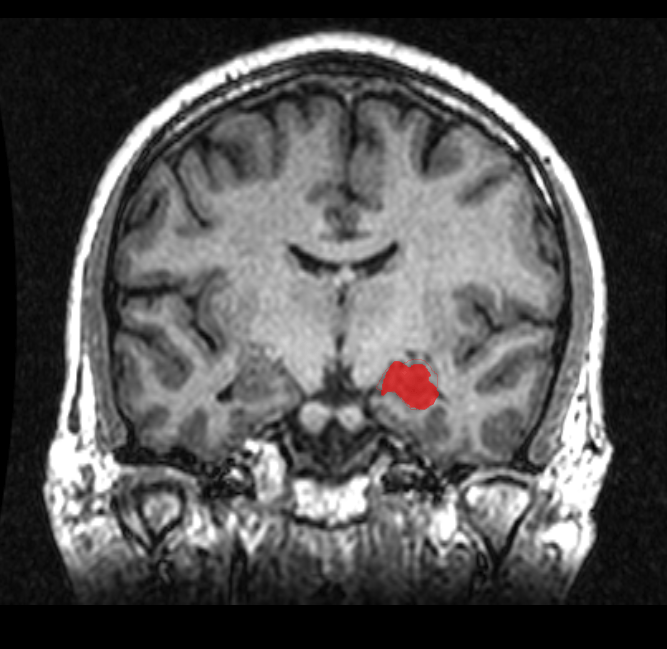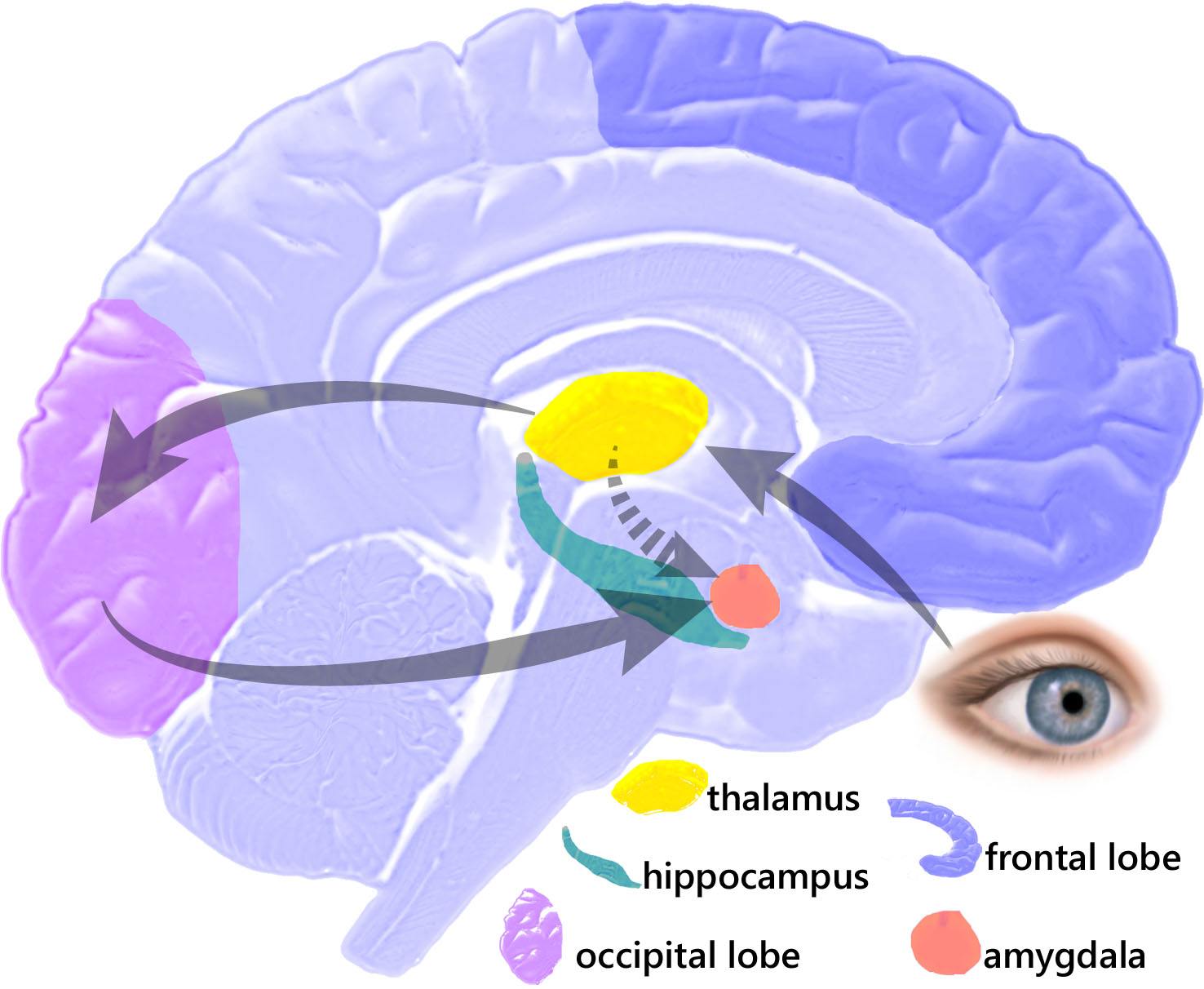Chronic pain can damage and change your brain. If you live with chronic pain, you will know how devastating and wide-ranging the effects can be on your mental processing speed, your mood, and your memory.
Research with humans and mice, has revealed that chronic pain exerts measurable effects on the brain, and that these changes can last even once the pain has stopped. From this perspective, chronic pain isn’t just a troublesome day-to-day issue that affects many people worldwide. It is also a common cause of brain damage that can greatly increase the risk of anxiety, depression and cognitive dysfunction in those who suffer from it.
How exactly does pain change the brain?
Researchers based at Northwestern University examined brain functioning in humans and mice living with chronic pain. First, they examined the differences in mental functioning in people living with and without chronic pain. Using brain scans, researchers discovered that those with long-term pain such as back pain (defined as greater than six months in duration) showed evidence of hippocampal shrinkage. This is significant, because the hippocampus is an area of gray matter within the brain responsible for learning and memory. It is shown highlighted in red on the image below:
Image: https://upload.wikimedia.org/wikipedia/commons/3/3c/MRI_Location_Hippocampus_up..png
Pain ages the brain
The researchers report that chronic pain, such as that seen in sciatica, can cause gray matter in the brain to shrink by up to 11% each year, compared to 0.5% seen in healthy humans. In other words, long-lasting pain greatly speeds up the usual ageing process. This in turn has a significant impact on a range of mental functions such as the ability to learn, to handle anxiety, and engage in appropriate emotion regulation.
This in turn leaves sufferers at a heightened risk for emotional disturbances. Along with the hippocampus, another region of the brain negatively affected by chronic pain is the amygdala, shown highlighted on the image below. The amygdala is important for fear regulation, which may explain why those with decreased amygdala volume are more likely to suffer from anxiety.
Image: https://upload.wikimedia.org/wikipedia/commons/a/ad/EQbrain_optical_stim_en.jpg
The researchers also investigated the effects of pain on brain structures and processes, using animal studies. They discovered that compared with mice leading pain-free lives, the animals living with chronic pain had trouble with emotion-related memory tasks. They were also more anxious in general compared with the control mice. The brains of the affected mice struggled to grow new neuronal connections in the hippocampus.
Usually, both humans and rodents can form new connections in this area of the brain, which explains why we can continue to learn new knowledge and skills throughout our lives. However, when the hippocampus can no longer make these connections, as is the case in those with chronic pain, mental performance suffers.
As pain continues, damage may worsen
Why exactly does chronic pain result in gray matter shrinkage? It is possible that as chronic pain is ongoing, nerve cells in the brain are placed under an unusually high load. This means that they are less able to form new connections with other cells. As the chronic pain continues, it may become increasingly less responsive to conventional pain treatments due to alterations in these brain areas.
Natural ways to tackle chronic pain
Given that chronic pain can cause brain damage, it is important to get it under control as soon as possible. Along with conventional medicine, there are numerous ways by which you can reduce your pain levels naturally. Natural methods of pain reduction include acupuncture, massage, hypnosis, cognitive behavioral therapy, yoga, and herbal remedies. Always remember to consult with your regular health practitioner before trying a new course of treatment.














































